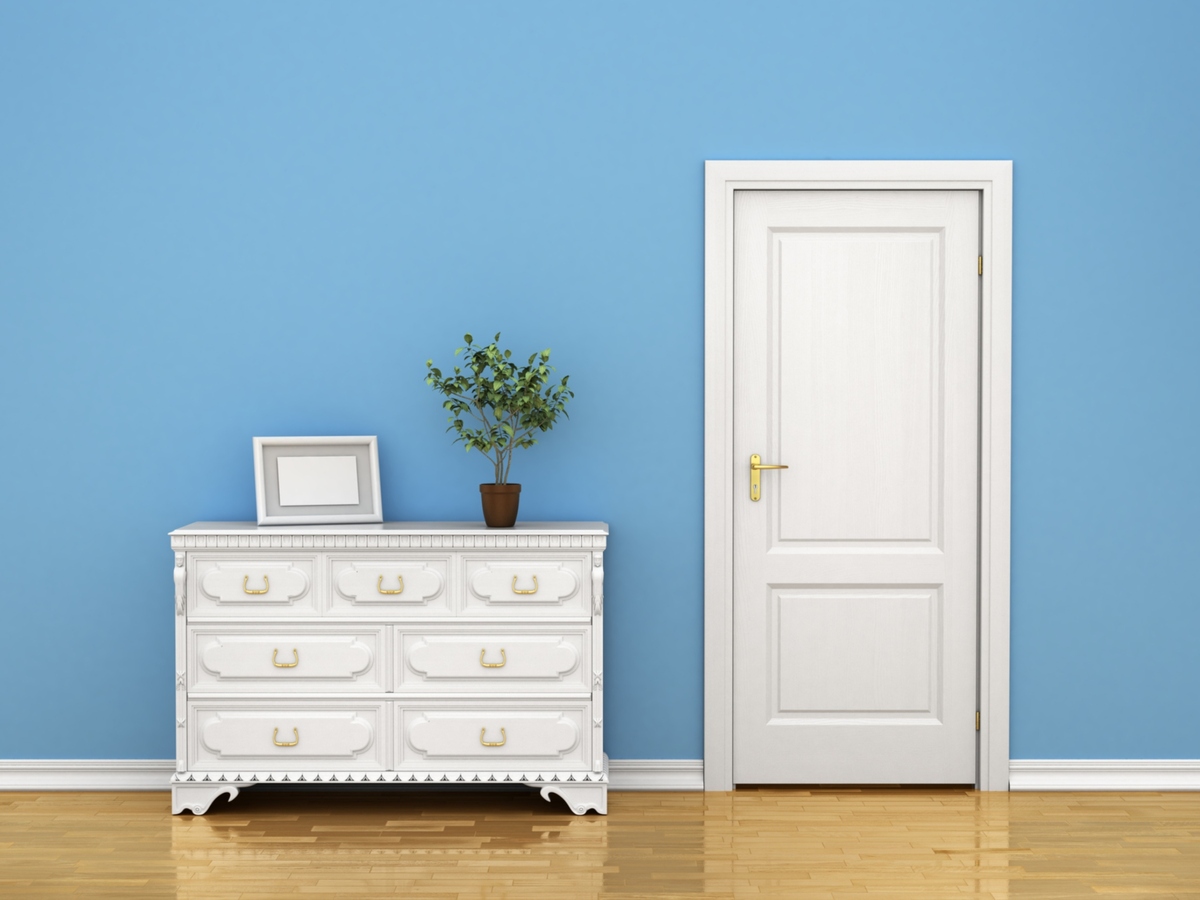Can You Close the Door on Energy Waste?
Published:
It seems like heating and cooling unused rooms is wasting energy. Will closing the door help you save?

Heating and cooling costs can take up a lot of space on your energy budget. During summer and winter, many homeowners are looking for quick and easy ways to save energy. One commonly used method is to close doors and vents in unused rooms, reducing the amount of space that needs heated or cooled. It sounds like a good idea, but will it really help trim back your energy bills?
What's really going on behind closed doors
It's a common misconception that closing off some rooms in your home will reduce the amount of space you need to heat or cool, thus lowering your energy costs. In reality, closing doors and vents in unused rooms can actually increase your energy use.
Heating and cooling systems are designed for balance, so that the amount of air returned to the air handling unit is roughly equal to the volume delivered through the supply vents in each room. When doors are closed, room air pressure increases. The extra pressure pushes air out through any openings in walls or windows. Rooms with closed doors can leak air in increased amounts.
The air that escapes from the room must be replaced, increasing the amount of air being drawn and the load on your heating and cooling system. Also, the increased duct pressure results in lower air flow with fixed-speed blowers and increased energy use with variable-speed blowers. So, although shutting doors may sometimes be necessary for privacy or a little quiet time, it's not a good way to reduce your energy bills.
Making room for energy savings
You still have a number of good options when it comes to improving home energy efficiency and comfort:
- Hire a qualified professional to inspect and clean your heating and cooling system at least once a year.
- Make sure that all supply and return air vents are open and free of obstructions, such as rugs or furniture.
- Check exterior doors and windows for gaps or air leaks and seal with weatherstripping or caulk.
- Ensure that your walls and attic are properly insulated for your local climate. A qualified insulation contractor or energy auditor can inspect your home and tell you whether you need to add insulation.
If your heating or cooling system is older or in need of repair, consider replacing it with a new ENERGY STAR® system. ENERGY STAR-certified units use less energy than standard models while still providing the same level of comfort and performance.
